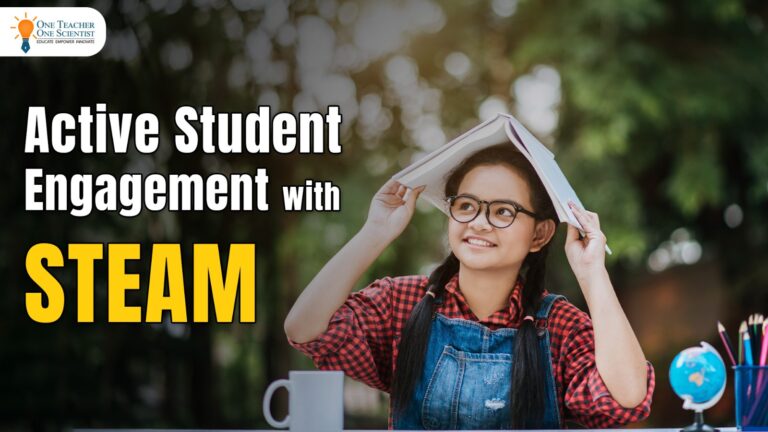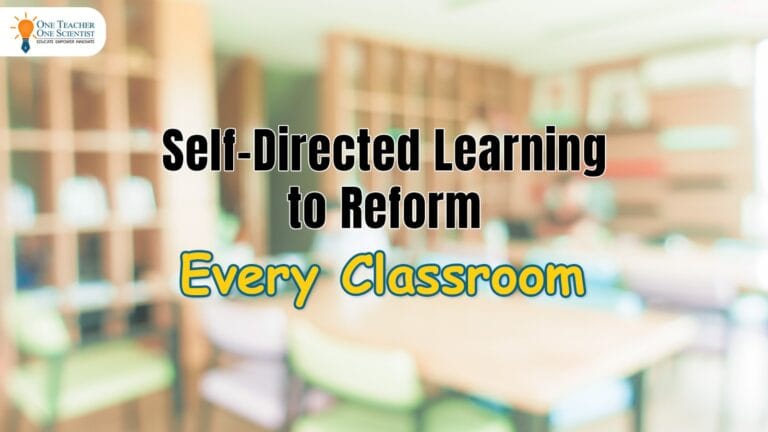STEAM or Science, Technology, Engineering, Arts and Math is considered a powerful teaching learning methodology to stimulate all sides of the brain and lead to a holistic development in children. Language, Math, Science, Arts and Social sciences have been widely accepted as important pillars that help build cognitive skills in children right from the beginning. However, it is becoming quite a debatable topic today, as to how and when subjects like science and social studies should be introduced in school curriculum. Whether they should be a part of school curriculum at all is another question that is being raised by many educators in the education world. We feel one must not underestimate the strength and importance of these crucial subjects, and hence integrating STEAM methodologies in the curriculum can lend a huge support in building critical skills to meet the demands of the 21st century.
For a developing nation, there are perhaps several other issues like the weight of school bags, syllabus reduction, teacher training or even costs of education that are getting focus and attention. Some debate that the negative impacts of doing away with science or for that matter social studies from primary education can have a huge negative impact on a long term perspective. Not only will it narrow down the thinking horizon of a child, holistic learning will get hugely dampened. This would have a direct impact on the skill building opportunities to build critical analysis and perspectives.
Importance of STEAM
I’m sure many pertinent issues plague the school education system, and can be discussed at length. However at the macro level, we need to comprehensively assess whether “As a nation can we bear the burden of raising unemployable youth? As a nation with the youngest population in the world can we afford to have an unskilled and unemployable workforce?”
As our society marches ahead towards becoming a knowledge economy, another competitor to our natural intelligence would unarguably be the power of “Artificial Intelligence” and “Augmented Reality”. We have to understand that children in schools today will enter the job markets about 20 to 30 years hence. The pace at which the world is changing, there is a need to enrich childhood with a variety of experiences, academically, socially as well as emotionally. It is imperative that we give students opportunities to develop multidimensional skills while learning school curriculum to effectively meet the demands and challenges of this century.
We need to build and sharpen perspectives, critical thinking and problem solving in children right from their foundation years.
However, I do agree that we need to make a systemic shift in classroom dissemination of those subjects. Instead of creating boundaries between subjects, teaching them in a holistic and integrated manner might just be one huge step in the right direction. While many countries have realised the importance of skill building in their children and are using holistic and dynamic learning approaches like STEM/ STEAM right from early years, I fail to understand how eliminating science and culture studies from the curriculum in the foundation years.
Significance of Teacher training
We cannot overlook the fact that a child learns best when he/ she experiences and interacts with science in action through natural phenomena, changes, cause and effect right from birth. We all know how important it is to keep the curiosity and a discovery oriented spark alive, well stimulated and intact in children to preserve their awe and wonder. All these with a questioning mind are enough to drive innovation in classrooms. Research has shown how a curious mind is an essential substrate to build an innovator, which can be kept active through long term engagement with the world of science around them in school as well as at home.
To keep pace with the speed with which the world is changing around us, it is imperative that children shift from rote learning towards active, holistic learning. A systemic change from a traditional chalk and board methodology towards integrated project or activity based, experiential learning might just be the answer to many of our curricular woes.
Assuming we shift our approach from traditional rote learning methods to active, skill building competencies, the next pivotal point is the quality of teachers. A million dollar question is “How prepared are our teachers to take that quantum leap towards holistic learning?”
Realising the need for empowering teachers with active teaching methodologies, schools and educational policies have highlighted the need for continuous professional development. To make our children future ready, we need to prepare our teachers. Training teachers through effective Professional Development modules at regular intervals might sound like a mammoth task but it definitely needs serious thinking, planning and implementation. Evidence has reflected how most teacher trainings happen in silos, pretty much like rote learning for children. Most teachers find them not motivating enough, and perceive them as unexciting, compulsory activities that are primarily needed to be listed in their annual activity log books. Teachers do not find themselves reflecting on the efficacy and practical implementation rate of these teacher training programmes. Hence most of them fail to bring about the much needed shifts in the actual teaching learning experiences in classrooms.
Nowadays, with Artificial Intelligence and bots, schools are also leaning towards digital classrooms and e-learning modules to end their sufferings in class. During and post COVID 19 we have witnessed how learning gaps have widened in classrooms, and learning outcomes got so compromised. The pandemic also showed how important it is for children to grow well rounded and skilled to effectively meet the demands of the 21st century.




